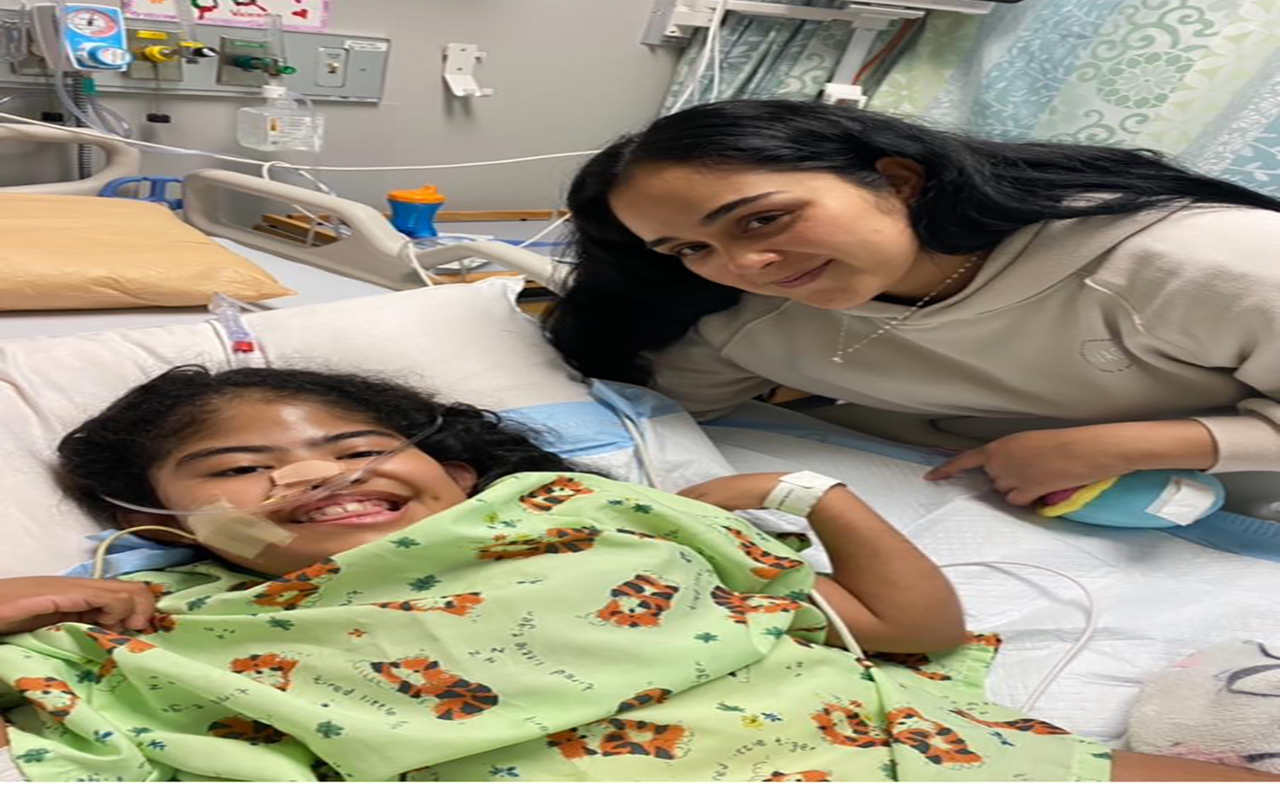
Raíces de Puebla: Bringing back the roots of ’Puebladelphia' to South Philly
Last Tuesday, 19 elderly adults from the state of Puebla, Mexico, and their families residing in Philadelphia were honored with a ceremony at the mayor's…
Migration means more than moving from one country to another. It is a fracture in the family life of those who decide to leave everything behind for a different future.
But that fracture, however deep it may be, is not a complete or definitive rupture. It is rather an elastic matter, like an ellipsis suspended in time, which breaks - but holds together - the familiar tissue.
"When will we see each other again?" That is the big question in every case. It is the question that shows in the eyes of those who leave and those who stay.
The saying goes, "If Muhammad won’t come to the mountain, the mountain will come to Muhammad." That's exactly what 19 grandfathers of the state of Puebla (Mexico) did when three weeks ago they took their bags and set out for Philadelphia to see their children again.
They did so with a tourist visa in hand. They arrived in Philadelphia to hold their children's faces and meet their grandchildren. The last time they did such a thing was a long time ago, 14 years the least, 26 years the most.
The reunion took place within the framework of the Raíces de Puebla – an initiative of the Puebla government - with the support of the federal government of Mexico and the US embassy, which facilitated the processing of visas and air tickets so that hundreds of grandparents could visit their families in the United States.
Juan Pacio Grande and María Catalina Tepoz are one of the lucky couples. They had seven children. Six of which live in the south of Philadelphia and only the oldest stayed with them in Santa Isabel Cholula, a humble municipality in which more than 8,000 people live; the majority in severe poverty.
Their daughter, Avelina, left the village when she was 17 years old. "I never forget that day when I left my mother in the courtyard of the house," she says.
Doña María Catalina doesn’t forget it either; with the nostalgia of 26 years without seeing her daughter flooding her eyes.
María del Carmen Bautista and Victoriano Marcos lived something similar, septuagenarians, from San Andrés Calpan - a small village on the slopes of the volcanoes Izztacciuatl and Popocatepetl.
They arrived to meet their children, Candelaria and María de Lourdes, whom they hadn’t seen for 20 and 5 years.
"We were used to living as a family and suddenly it happened [she left]. I never thought of coming. Why would I dream of such a thing!" said Don Victoriano, with a broken voice.
Asked about how immigration is for those who stay behind, he responds with resignation: "Little by little you get the idea that everyone has to go and find their own path, and there’s nothing you can do about it.”
Candelaria cannot find the words to describe the excitement of having her parents in Philadelphia. She cries as she remembers the last time she saw them, probably not as wrinkled as they are now.
Candelaria arrived in Philadelphia at the age of 29. Today, although she says she would still like to return, she knows that her roots are closer to the Italian Market than to the Popocatepetl: she has three children and her husband, with whom she has a life ahead in this country.
Time managed to erode the skin and soul of Paz Pantoja Terrores and Pedro Pantoja Bautista, a pair of grandparents who never imagined to set foot in lands so far from Huetjotzingo, another of the populations watered by the savannas that surround the Popocatepetl.
Doña Paz is a woman with penetrating eyes. Her face is crossed by grooves that reveal a life traversed by scarcity. "I felt something ripped out of my heart and I just kept crying," she recalls as if it was yesterday when Martha and Margarita - her two daughters - left the village 19 years ago.
Martha, who arrived very young to Philadelphia, says that her dream is "to return to my country, to my people, that my daughter is of legal age and to go with her on a trip to Mexico." Hopefully, she will, although the political climate doesn’t blow in her favor.
RELATED CONTENT
To Doña Paz, Philadelphia seems “very beautiful”. But the “gringo” wealth doesn’t cloud her senses; she knows that the wealth of the poor is honesty and love for their families. "I ask God to give my daughters strength to work and survive until they say 'I'm leaving!' We’ll wait for them."
The reunion of these families closed for a moment a gap opened by time. The surprise of seeing each other and recognizing themselves in the wrinkles of the other was followed by the confirmation that love stretches more than time.
We wish no family were separated because of economic necessity. May God continue to lend these grandparents life so that they can return as many times as they want now that they have their tourist visas. We wish their children wouldn’t have to wait for an immigration reform that seems as far away as the Popocatepetl itself.
[node:field_slideshow]
***
Last Tuesday, the mayor of Philadelphia organized with Casa de Puebla and the Consulate of Mexico, a farewell ceremony to the 19 visiting grandparents. The event was held in the reception hall.
Among the assistants were the Consul of Mexico in Philadelphia, Alicia Kerber; Mayor Jim Kenney, Community Services director Joanna Otero-Cruz, the Director of the Office of Immigrant Affairs, Miriam Enríquez; and the director of the organization Mi Casa is Puebla, Ana Flores.
For Kerber, this meeting has a special meaning because "it shows that the federal government and local government, working hand in hand with the US embassy, can do positive things such as family reunification," he said.
The head of the Mexican diplomatic delegation said that visits like this one, which is given "on a basis of good faith and commitments acquired by Mexico, both countries can work on positive programs. Programs that join families and above all as good neighbors.”
Ana Flores, of Mi Casa es Puebla, pointed out that Raíces de Puebla is "the noblest program that exists. We can be in contact with our families in many ways, by Facebook, by phone, but it will never feel like a hug from our parents."
According to Flores, with this visit, the program has gathered 600 people in the few years that the state government of Puebla has implemented it. This entity assumes the total costs of documentation, visa, and transportation of the elderly.











LEAVE A COMMENT: